Legal Implications of the Millenium Bug —— Legal 1999
----- 国际商业比较法年鉴-法律(1999)
In the event that damage is caused as a result of the year 2000 problem, who will be responsible for compensating the victims of such damage? Should the developers, vendors or licensors of non-compliant software be held liable if their products do not continue to function correctly through the change in the millennium? Should those who provide "fixes" to the Bug which do not work properly be accountable for damage caused? Do end-users have a duty to ensure that their software is Year 2000 compliant? These questions, among others, will not be fully answered until the courts have had an opportunity to rule upon disputes which will no doubt arise.Other matters to be considered include the type of agreement that has been entered into between the parties, which rules will therefore apply and what defenses, if any, may be available to the defendant. Insurance is also a big issue. Many insurance companies are stating that damage resulting from the Millennium Bug will not be covered by existing policies, and defenses such as force majeure and act of God have been raised. What will happen when these issues come to litigation remains to be seen.This special issue of the Comparative Law Yearbook of International Business discusses the legal implications of the Millennium Bug in various countries. It describes the way in which agreements relating to software are viewed by different jurisdictions and the possible attribution of liability for damage caused by the Bug.
{{comment.content}}
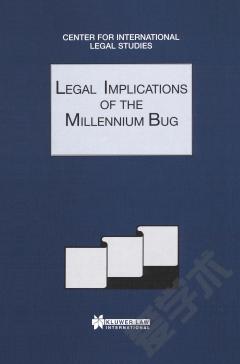
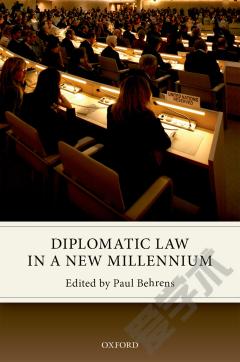
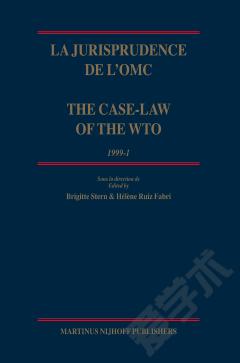
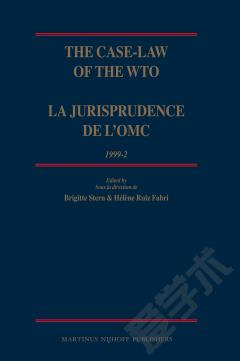

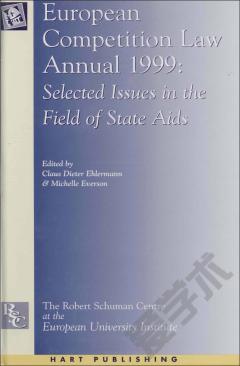


 京公网安备 11010802027623号
京公网安备 11010802027623号